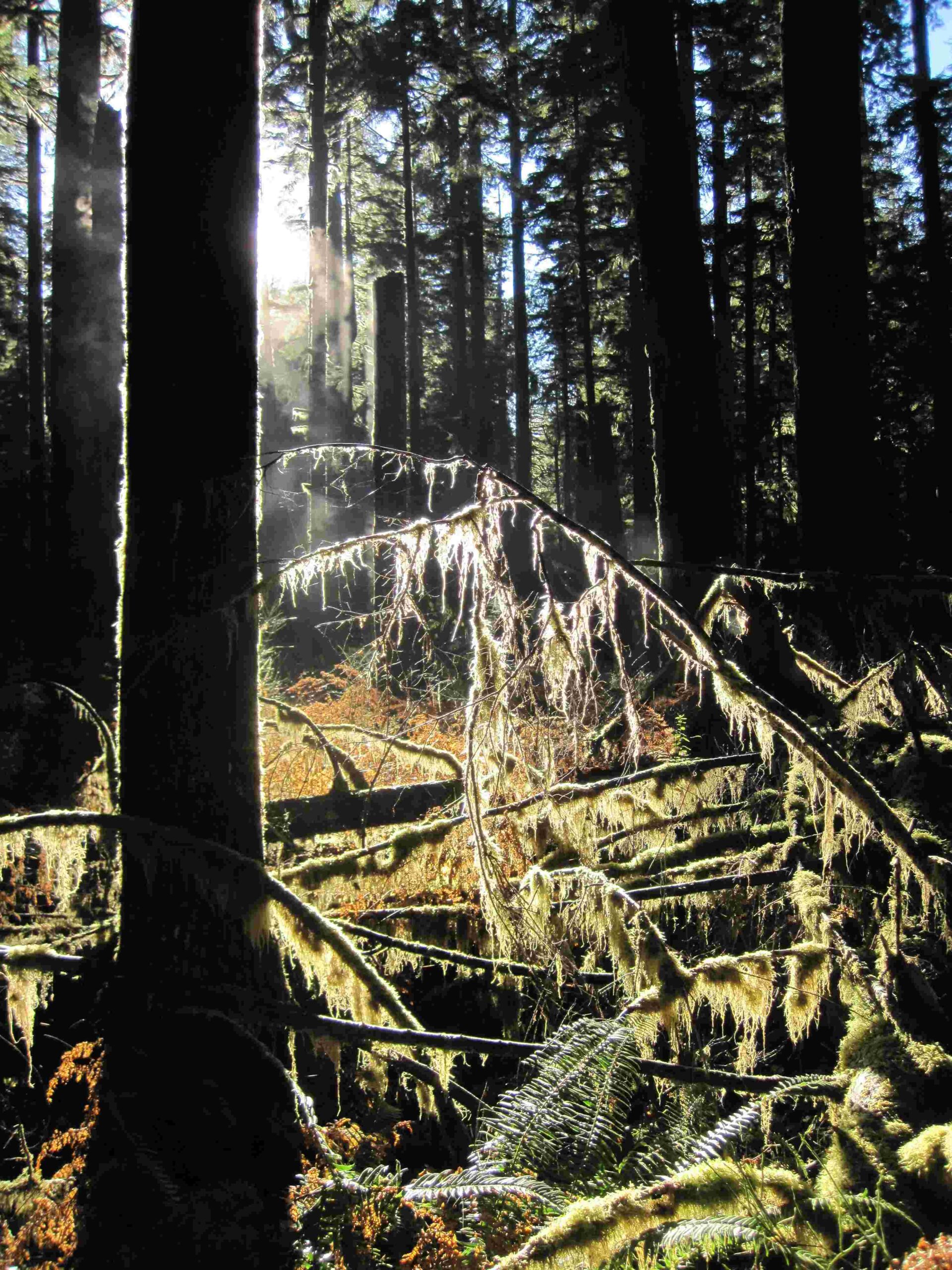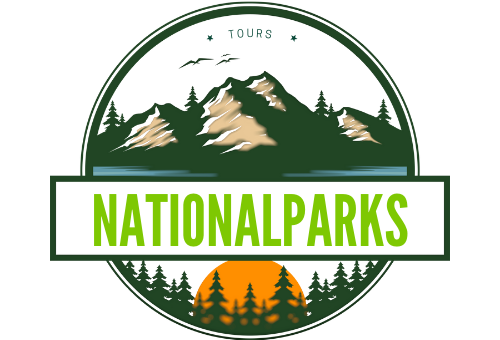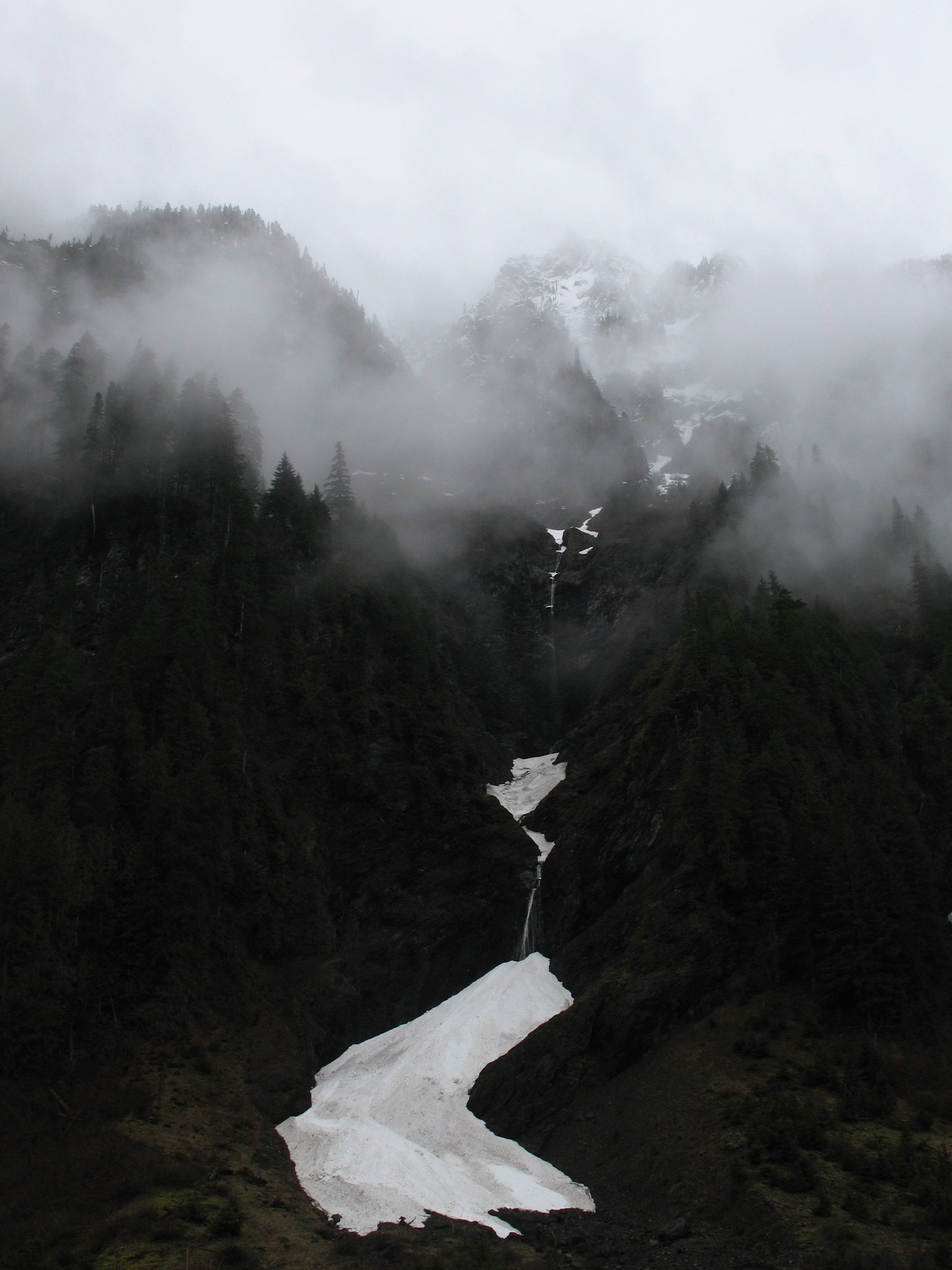Olympic National Park, with its diverse ecosystems and stunning landscapes, offers visitors a unique experience in the Pacific Northwest. Choosing the right central base is crucial for an efficient and enjoyable tour of the park. This guide will help you select the ideal location, plan your itinerary, and make the most of your visit to this natural wonder.
What Are the Best Central Base Locations for Olympic National Park?

When planning your tour of Olympic National Park, selecting a strategic central base is essential. Here are some top options:
- Port Angeles
- Proximity to Hurricane Ridge
- Access to park headquarters and visitor center
-
Various accommodation options
-
Forks
- Close to Hoh Rain Forest and coastal areas
-
Ideal for exploring western parts of the park
-
Lake Crescent Area
- Central location within the park
-
Access to hiking trails and water activities
-
Kalaloch
- Coastal location
- Perfect for beach exploration and wildlife viewing
How to Choose the Right Campground as Your Central Base?

Selecting the appropriate campground can enhance your Olympic National Park experience. Consider these factors:
- Location: Proximity to desired attractions
- Amenities: Availability of facilities like showers and electricity
- Size: Accommodation for your group or RV
- Reservation requirements: Some campgrounds require advance booking
Here’s a comparison of popular campgrounds:
| Campground | Location | Amenities | Max RV Length |
|---|---|---|---|
| Fairholme | Lake Crescent | Flush toilets, potable water | 21 feet |
| Heart O’ the Hills | Near Port Angeles | Flush toilets, ranger programs | 35 feet |
| Hoh | Hoh Rain Forest | Flush toilets, potable water | 21 feet |
| Kalaloch | Pacific Coast | Flush toilets, dump station | 35 feet |
What Is the Ideal Itinerary for a Week-Long Tour from a Central Base?
A well-planned itinerary allows you to experience the park’s diverse landscapes. Here’s a suggested 7-day plan:
- Day 1: Arrive at your central base (e.g., Port Angeles)
- Day 2: Explore Hurricane Ridge
- Day 3: Visit Lake Crescent and Sol Duc Valley
- Day 4: Tour the Hoh Rain Forest
- Day 5: Explore the Pacific Coast (Ruby Beach, Kalaloch)
- Day 6: Hike in the Quinault Rain Forest
- Day 7: Revisit favorite spots or explore Port Angeles before departure
What Are the Must-See Attractions from a Central Base?
When touring Olympic National Park from a central base, don’t miss these key attractions:
- Hurricane Ridge: Alpine meadows and panoramic views
- Hoh Rain Forest: Lush temperate rainforest with unique flora
- Ruby Beach: Dramatic coastline with sea stacks
- Lake Crescent: Crystal-clear waters and surrounding trails
- Sol Duc Falls: Beautiful waterfall accessible via a short hike
How to Maximize Your Time When Touring from a Central Base?
To make the most of your Olympic National Park tour:
- Plan ahead: Research attractions and create a flexible itinerary
- Start early: Beat the crowds and maximize daylight hours
- Pack efficiently: Bring appropriate gear for various ecosystems
- Use park shuttles: Reduce driving time and parking hassles
- Attend ranger programs: Gain insights into the park’s ecology and history
What Transportation Options Are Available for Touring from a Central Base?
Efficient transportation is key when touring from a central base:
- Personal vehicle: Offers the most flexibility
- RV: Combines transportation and accommodation
- Park shuttles: Available in certain areas during peak season
- Guided tours: Provide transportation and expert commentary
How to Prepare for Different Ecosystems When Touring from a Central Base?
Olympic National Park’s diverse ecosystems require careful preparation:
- Mountains: Warm layers, sturdy hiking boots, sun protection
- Rainforests: Waterproof gear, insect repellent
- Coastal areas: Wind-resistant clothing, tide charts
Pack versatile clothing and gear to adapt to changing conditions throughout your tour.
By choosing the right central base and following these tips, you’ll be well-prepared for an unforgettable tour of Olympic National Park’s natural wonders.
References:
1. My Olympic Park
2. Dirt In My Shoes
3. Roadtrippers

